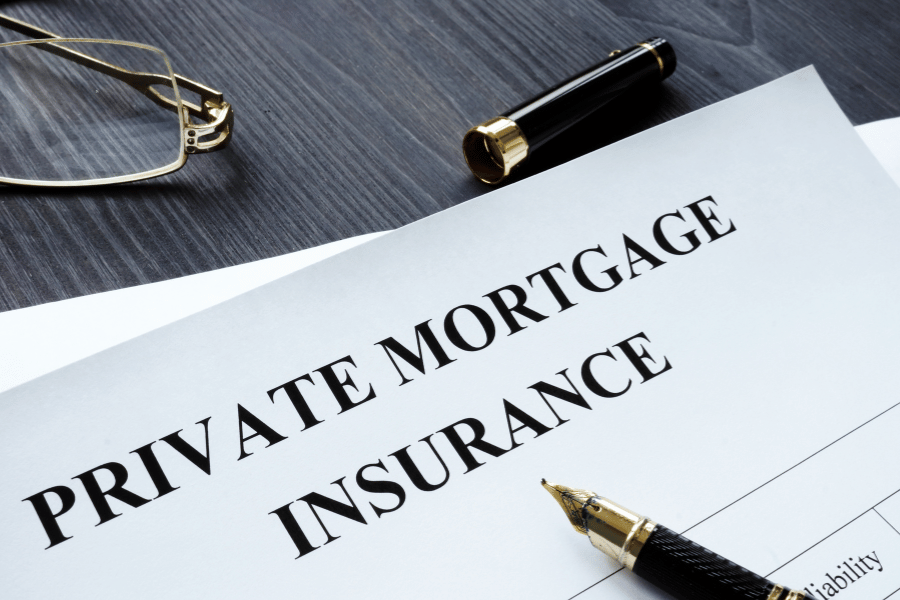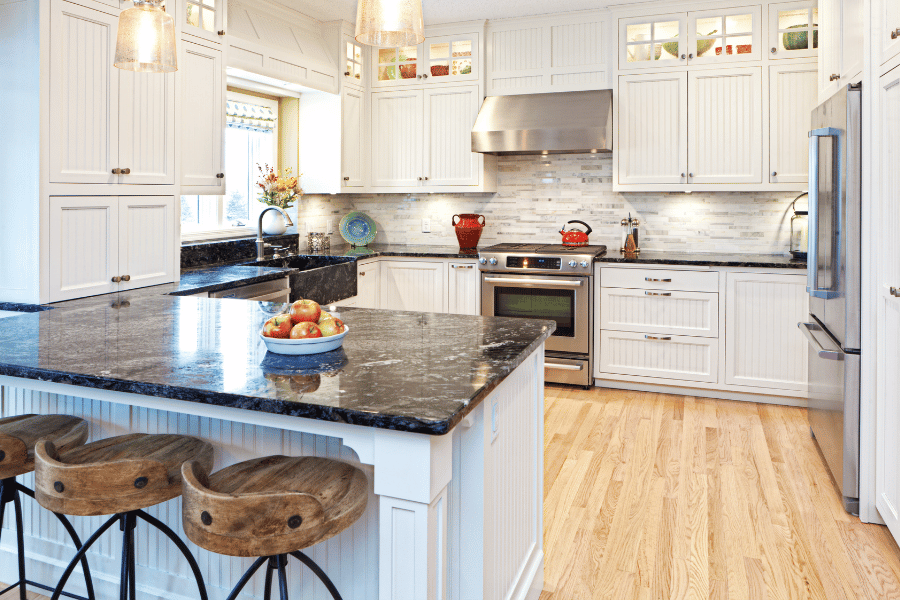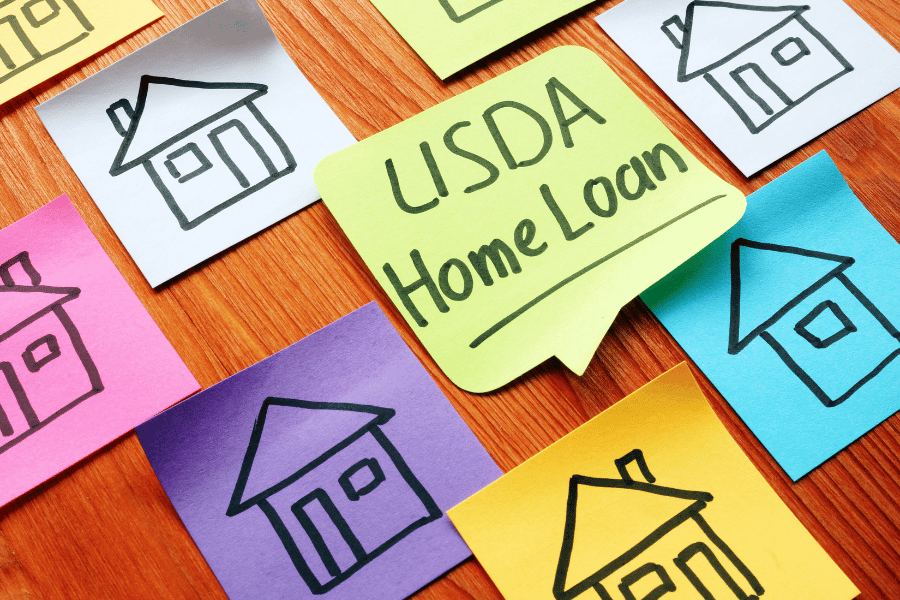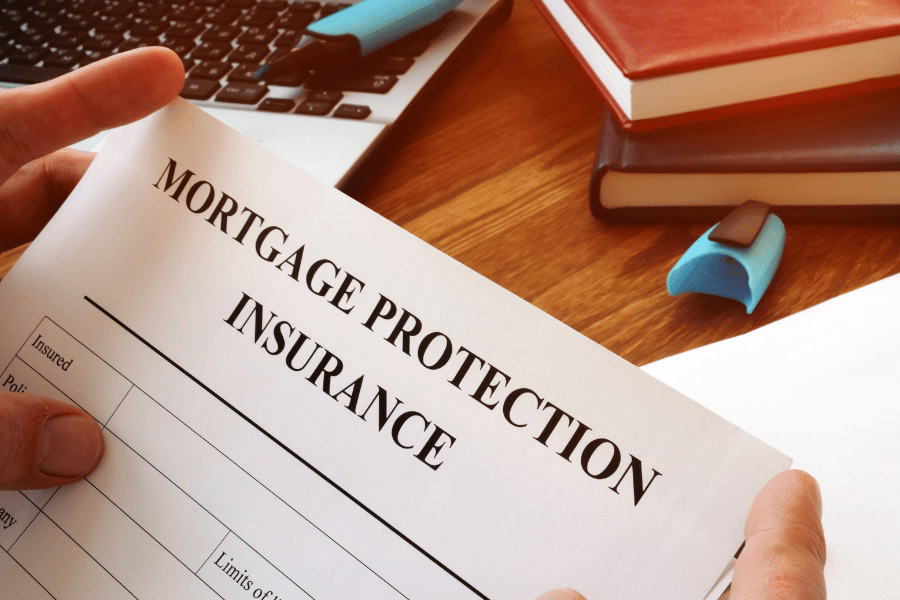The Pros and Cons of Private Mortgage Insurance (PMI)
Here is what you need to know about mortgage insurance!
Many of our clients want to know what is mortgage insurance or private mortgage insurance (PMI) and whether they need it. What are the differences between mortgage insurance and private mortgage insurance? What are the pros and cons of mortgage insurance? Can I get rid of private mortgage insurance (PMI)? This article will help answer your questions as they relate to mortgage insurance and private mortgage insurance, as well as shed light on the pros and cons of both.
Traditionally, to obtain a mortgage, the target for a down payment on a home has been 20% of the purchase price. But that's a hefty chunk of change for most Americans, especially first-time home buyers. Thankfully, there are options in place that allow buyers to offer a smaller down payment but still qualify for a mortgage. Homebuyers who choose to offer a smaller down payment – say, 10 % or 15% instead of 20% – will typically be required to obtain mortgage insurance.
Mortgage insurance and Private Mortgage insurance are not specific to our local markets of Raleigh or Charlotte it is offered everywhere in the United States.
In this article, we will discuss the pros and cons of mortgage insurance and why it may be required for some borrowers. Mortgage insurance or Private Mortgage Insurance can be considered one of the hidden costs when buying a home though it's not necessarily a bad expense.
What Is Mortgage Insurance?
Mortgage insurance was put in place to protect the lender if the homeowner stops making payments on their home. When a lender agrees to give a loan to a buyer who puts down less than 20%, they assume that there is a risk that the buyer may default on their mortgage. If that happens, the lender can use the funds they have collected from the homeowner's mortgage insurance payments to use towards the home.
Mortgage Insurance vs. Private Mortgage Insurance (PMI)?
If the Federal Housing Administration provides mortgage insurance, it is simply called 'mortgage insurance.' However, if a private entity provides the insurance, it is called 'private mortgage insurance,' or PMI.
An FHA or USDA loan always requires mortgage insurance, even if the buyer puts down more than 20%. With a conventional mortgage, which means the home loan isn't federally funded, the lender will require the buyer to pay for private mortgage insurance if they put down less than 20%.
A VA loan doesn't require mortgage insurance, but it will require a "funding fee," which is a one-time payment made by the borrower. VA loans are backed by the Department of Veterans Affairs, so the funding fee protects them if the borrower cannot repay the VA loan.

Pros of Mortgage Insurance:
Lowers the Barrier to Entry of Buying a Home
For most Americans, especially first-time homebuyers, putting down a 20% down payment on a home is a complete impossibility. A 20% down payment on a $250,000 home is $50,000, which is a sizable amount of money.
Mortgage insurance has helped countless Americans buy a home without having to give up their entire life's savings. With private mortgage insurance, some borrowers can put down as little as 3% or 5%, making buying a home a far more manageable process.
Protects Lenders and Investors
In addition to making it possible for millions of Americans to become homeowners, mortgage insurance protects lenders and investors, as well. When a lender agrees to provide a mortgage to a homeowner who can only afford to put down 3% or 5%, they must prepare for the possibility that that borrower could default on their mortgage.
This may not always be the case, as countless borrowers who pay for mortgage insurance never default on their mortgages, but a lender must protect itself against a worst-case scenario.
Can Be Canceled
Unlike an FHA or USDA loan, which requires mortgage insurance for the life of the loan even after the borrower owns 20% of the home, mortgage insurance can eventually be canceled.
After the borrower reaches 20% equity in the home (80% LTV), the borrower will no longer be responsible for paying the mortgage insurance. Mortgage insurance can also be canceled if your home rises significantly in value due to favorable market conditions or by making certain home improvements.
Here are steps that may help end mortgage insurance sooner, even if you don't have 20% equity in the home:
Obtain a New Appraisal
If your area has seen a considerable shift in the market and prices in your neighborhood are on the rise, it may be beneficial to obtain a new appraisal on your home.
Certain lenders will consider the appraised value instead of the original sales price you paid. On average, an appraisal costs between $300 and $500, but it may help you save a considerable amount of money on mortgage insurance payments.
Make Extra Loan Payments
Making an additional payment of $50 or $100 per month (or more) can significantly help bring down your loan balance. The faster you reach 20%, the less you will have to pay in mortgage insurance.
Remodel Part of Your Home
If you recently remodeled part of your home or made significant upgrades, ask your lender to recalculate your loan-to-value ratio using your home's increased market value. Remodeling a home doesn't guarantee you will be exempt from mortgage insurance, but it is worth checking with your lender.
When you have 20% equity in your home, contact your lender and request that the mortgage insurance payments be canceled manually. If not, the payments will continue to be charged automatically until you reach 22% equity in your home (78% LTV).
If you have surpassed 20% equity and haven't realized it yet or have been making mortgage insurance payments, some lenders may give a partial refund, depending on the circumstances.

Flexible payment options
There are four payment options available for mortgage insurance:
Monthly Premium
The monthly premium is the most common way to pay for mortgage insurance. Those who choose to go this route agree to have the mortgage insurance premium amount added to their monthly mortgage payment.
Single Premium
Also known as upfront mortgage insurance, this option allows the lender to make one lump sum for the entire mortgage insurance amount at the closing.
Lender-Paid Premium
The lender-paid premium option means that the lender agrees to cover the mortgage insurance payments at the closing. In exchange for this, they typically increase your mortgage interest rate slightly.
Split Premium
With this option, you agree to pay a portion of the mortgage insurance upfront at closing, and the remaining amount gets rolled into your monthly mortgage payments.
Cons of mortgage insurance
Cost
On average, mortgage insurance typically ranges from 0.5% to about 1% of the entire loan amount annually. So, on a $200,000 loan, you could pay up to $2,000 per year, or around $167 monthly.
That can add up quickly, especially because this is an additional fee on top of the mortgage amount. High monthly premiums may make it harder to pay off the mortgage, meaning it will take longer to own 20% equity in the home and eliminate the mortgage insurance payment altogether.
Does Not Entitle Your Heirs to the Home
Mortgage insurance should not be confused with mortgage protection insurance, which is a form of insurance that pays off the homeowner's mortgage in the event of their death. With mortgage insurance, all proceeds from the mortgage go directly to the lender – not to the heirs.
For homeowners who seek to protect their heirs and provide funds in the event of their death, separate mortgage protection insurance should be obtained.

Difficult to Cancel
After obtaining 20% equity in a home, many homeowners typically assume that the mortgage insurance will automatically stop having to be paid. However, it usually isn't that simple. Many borrowers must submit a formal letter to their lender requesting the mortgage insurance be removed.
After the request is received, some lenders may request an official appraisal to be ordered as well. If home values in your area have gone down, your request to remove the mortgage insurance may be denied.
Payment May Be Required For a Set Period of Time
Some contracts have stipulations in place stating that the borrower must continue to pay mortgage insurance even after the 20% threshold has been met. Read the fine print carefully before agreeing on the mortgage insurance to ensure you will not be stuck making payments for longer than you anticipated.
How Does Mortgage Insurance Work?
Depending on the type of home loan you secure, your mortgage insurance will work a little differently. Here's a breakdown of the coverage for conventional and government-backed mortgages:
Mortgage Insurance For Conventional Mortgages
A conventional loan, which isn't federally funded, may be secured with a down payment as low as 3% or 5%. The lender will almost always require mortgage insurance since the down payment is below 20%, and the mortgage insurance amount will vary based on your credit score, the size of the home loan, and various other factors.
FHA Mortgage Insurance Premium
Insured by the Federal Housing Administration, FHA loans feature a minimum down payment as low as 3.5% and have easier credit qualifications than conventional loans. When securing an FHA loan, you must pay an upfront mortgage insurance premium, which is 1.75% of the loan amount.
In addition to the upfront mortgage insurance premium, borrowers will also be required to pay an annual premium, even if they put down more than 20% on the home. The annual premium typically ranges from 0.45% to 1.05% of the outstanding balance of the loan for the year. If you put down less than 10% initially, you will pay this annual premium for the life of the loan. If you put down more than 10%, you must pay this for 11 years.
USDA Mortgage Insurance
Backed by the U.S. Department of Agriculture, USDA loans are for rural and suburban home buyers and do not require a down payment at all. There are typically two fees associated with mortgage insurance on USDA loans: an upfront guarantee fee and an annual fee.
The upfront guaranteed fee totals 1% of the loan amount and must only be paid when the mortgage is initially obtained. The annual fee is 0.35% of the annual outstanding loan balance.

VA Mortgage Insurance
VA loans from Veterans Affairs are for active, retired, or disabled military service members and certain National Guard members and reservists. VA loans are also eligible for surviving spouses. VA loans do not require a down payment, will have low interest rates, and do not require mortgage insurance.
The only fee that is required is a "funding fee," which typically ranges from 1.25 to 3.3% of the loan amount. Although it is not required to put money down, the more money the borrower does put down, the lower the funding fee will be. The amount of the funding fee also takes into account if you've applied for a VA loan before.
FAQS
What happens if I have mortgage insurance and stop making mortgage payments?
Mortgage insurance does not mean that the borrower can skip several months of mortgage payments, and the mortgage insurance will make up the difference. The borrower is still on the hook for the loan and could lose the home if they fall too far behind on their mortgage payments.
If they foreclose on the home, mortgage insurance protects the lender – not the borrower. This is because mortgage insurance pays the lender a portion of the principal if the borrower stops making their mortgage payments.
How do you avoid mortgage insurance?
The best way to avoid mortgage insurance is to obtain a conventional mortgage and put 20% down. If putting down 20% is not possible, it is recommended to budget in the cost of mortgage insurance (or a VA funding fee, if applicable) when calculating how much you can afford in a home.


